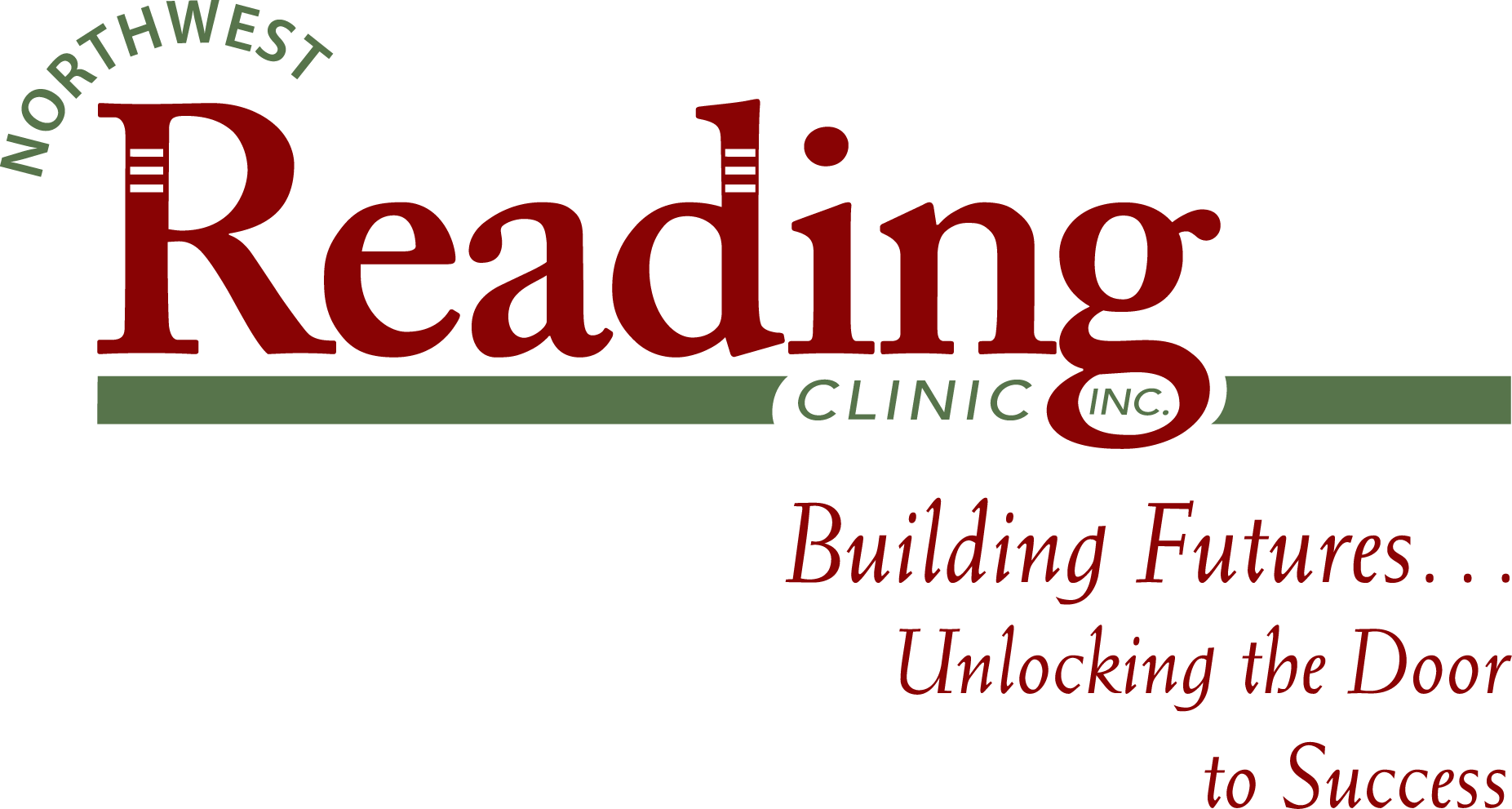Today we’re sharing a special guest post by Sara Coffey, MAT, one of the fantastic licensed teachers at Northwest Reading Clinic, Inc.
As parents and educators, most of us are familiar with the dreaded Summer Slide – the data indicating that a summer break from learning results in lowered skills in September, thus feeding the frustrating cycle of academic growth, skill loss, and vexing review instead of learning exciting new material and skills at the bright shiny start of a new school year.
For students with literacy challenges or learning disabilities, the summer slide can be especially problematic. Students who are already struggling often fall even further behind their classmates. It is unlikely that these students will choose to practice difficult, frustrating academic tasks on their own by say, reading a book or writing to a pen pal.
Parents may also find it unreasonable to try to enforce practice, particularly when they may not know the reasons why a student is struggling, nor how to effectively provide help. Many families choose to leave this difficult area aside and build their child’s self-confidence in areas of strength, rather than sacrifice the joy of their entire summer to disagreement and mutual frustration.
Fortunately, there are several options to help struggling students make real, meaningful, progress during the summer break that they can maintain into the upcoming school year. One solution is to contact a clinic specializing in services for students with learning difficulties or disabilities, schedule a formal diagnostic assessment, and then enroll in a scientifically proven intervention program.
A good program will remediate learning barriers and help students build strong foundational academic skills. Intervention should be custom designed to fit the unique needs of each student and may include processing sounds, visual memory, reading, spelling, writing, vocabulary, and/or comprehension development. Treatment during each session will generally incorporate a variety of activities specifically designed to build skills that need development.
Once a strong foundation is built, students continue treatment until they reach their full academic potential, often reaching or even surpassing their school grade level. This type of treatment rebuilds the student’s academic skills from the ground up and is proven to result in sustained growth, continuing into the next school year and the rest of the student’s life.
Follow-up recommendations generally include periodic review, continued practice, and other suggestions based on the student’s specific needs. Trained, experienced, instructors can make a big difference in a relatively short amount of time.
One area clinic providing this kind of intervention is Northwest Reading Clinic, Inc., where I work. The summer schedule does fill up very quickly, so planning now to get your student scheduled for assessment and intervention is an excellent idea. Many students choose to attend for more than one hour per day and thus finish a large portion of their treatment estimate prior to the new school year. Others prefer to attend for one hour per day and stretch treatment into the school year so students may receive support in applying their new skills to their schoolwork.
For both challenged students and other siblings or friends in the Portland area, there are also many fun options to incorporate learning and literacy during the summer. Theater experiences typically include reading and comprehension/analysis of material as students prepare for various roles. Public libraries offer excellent summer reading opportunities for all members of the family. There are often fun prizes and events. For more information, contact your local public library. Listening to books on tape or having someone read aloud both count as reading in today’s library programs. Many libraries now include STEAM activities along with literacy.
Making learning fun and applicable to every child in the family is another way to fight the summer slide. There are many board games and apps that focus on building a wide range of areas needed for literacy success – spelling, reading, letter formation and recognition, and more. Children may enjoy forming a family or friend book group, story writing club, or other literacy-themed activity. Pen pals can be another fun way to experience writing and reading in a real life, appealing context. Care should be taken to provide struggling students with appropriate support in these ventures. Children tend to experience greater interest and success when the whole family is engaged in activities that are presented as fun and enjoyable.
This time of year is ideal for beginning to look ahead toward summer and make concrete plans to meet the needs of students who may need some extra help. What are some other opportunities you recommend for summer learning support and fun?
Sara is a licensed, certified, OR teacher with extensive experience in remediating learning disabilities. For the past 20 years, she has worked with clients at Northwest Reading Clinic, Inc. in the areas of dyslexia, language processing, comprehension, receptive and expressive language skills, vocabulary, math, and other subjects. Sara’s core belief is that every student is capable of growth, and as a clinician, her privilege is to guide each person to reach his/her academic potential. A parent of two young children, Sara enjoys spending time outside and staying up far too late reading.






